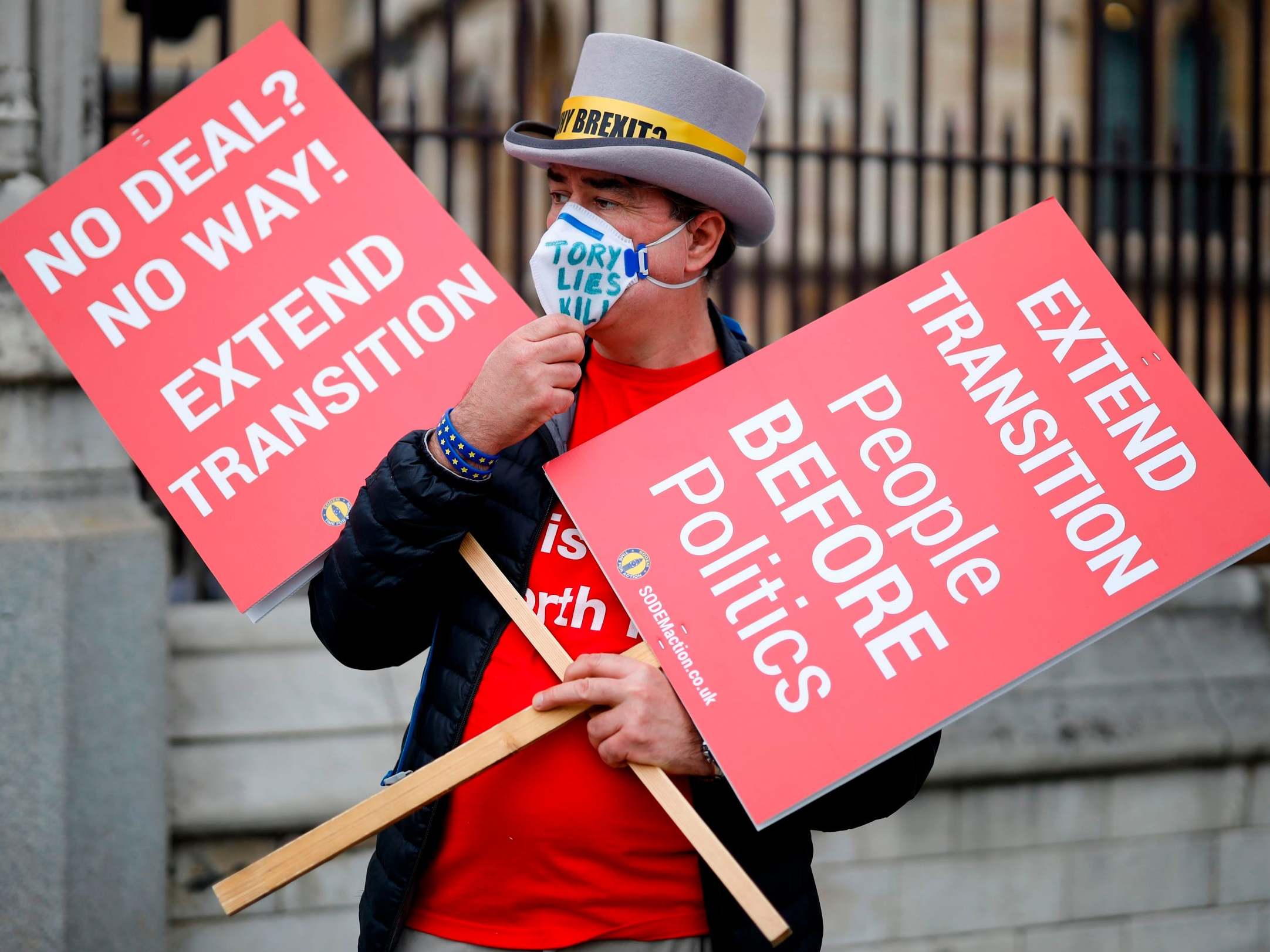
Boris Johnson has repeated his readiness to go ahead with a no-deal Brexit if negotiations fail to produce agreement on future trade and security relations with the EU.
The prime minister was speaking just days ahead of the 30 June deadline to request an extension to the transition period to post-Brexit arrangements, currently due to conclude at the end of December. Mr Johnson has already formally notified Brussels he will not take up the option of an extension of up to two years to allow more time for negotiations.
Speaking by phone to Polish prime minister Mateusz Morawiecki, Mr Johnson promised the UK would negotiate “constructively” in face to face talks due to resume on Monday.
Download the new Independent Premium app
Sharing the full story, not just the headlines
But he repeated his position that the UK was ready to leave on what he referred to as “Australia terms”, meaning without a trade deal.
Australia currently has no free trade agreement with the EU, but its government opened negotiations in 2018 to try to secure an “ambitious and comprehensive FTA”, which it believes would be better for the country than the current arrangements.
Detailing Mr Johnson’s discussion with Mr Morawiecki, A Downing Street spokesperson said: “On the UK’s future relationship with the EU, the Prime Minister welcomed the agreement on both sides to an intensified process of negotiations in July.
“He said the UK would negotiate constructively but equally would be ready to leave the transition period on Australia terms if agreement could not be reached.”
German chancellor Angela Merkel said yesterday that the UK would have to “live with the consequences” of Mr Johnson’s approach, which was likely to lead to less trade connectivity with Europe.
“We need to let go of the idea that it is for us to define what Britain should want. That is for Britain to define – and we, the EU27, will respond appropriately,” said Ms Merkel, whose country takes on the six-month rotating presidency of the EU next week.
“With prime minister Boris Johnson, the British government wants to define for itself what relationship it will have with us after the country leaves. It will then have to live with the consequences, of course, that is to say with a less closely interconnected economy.”



